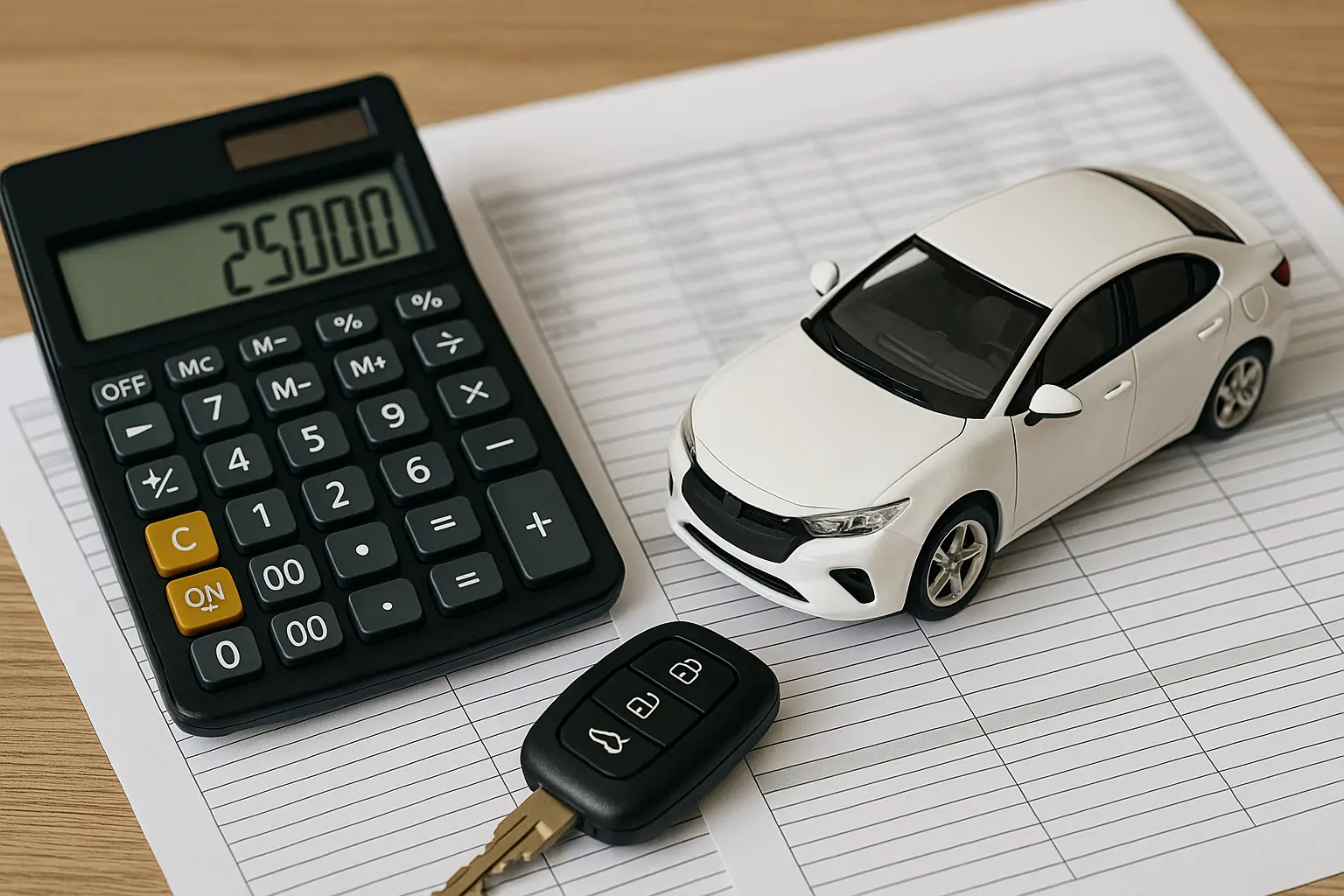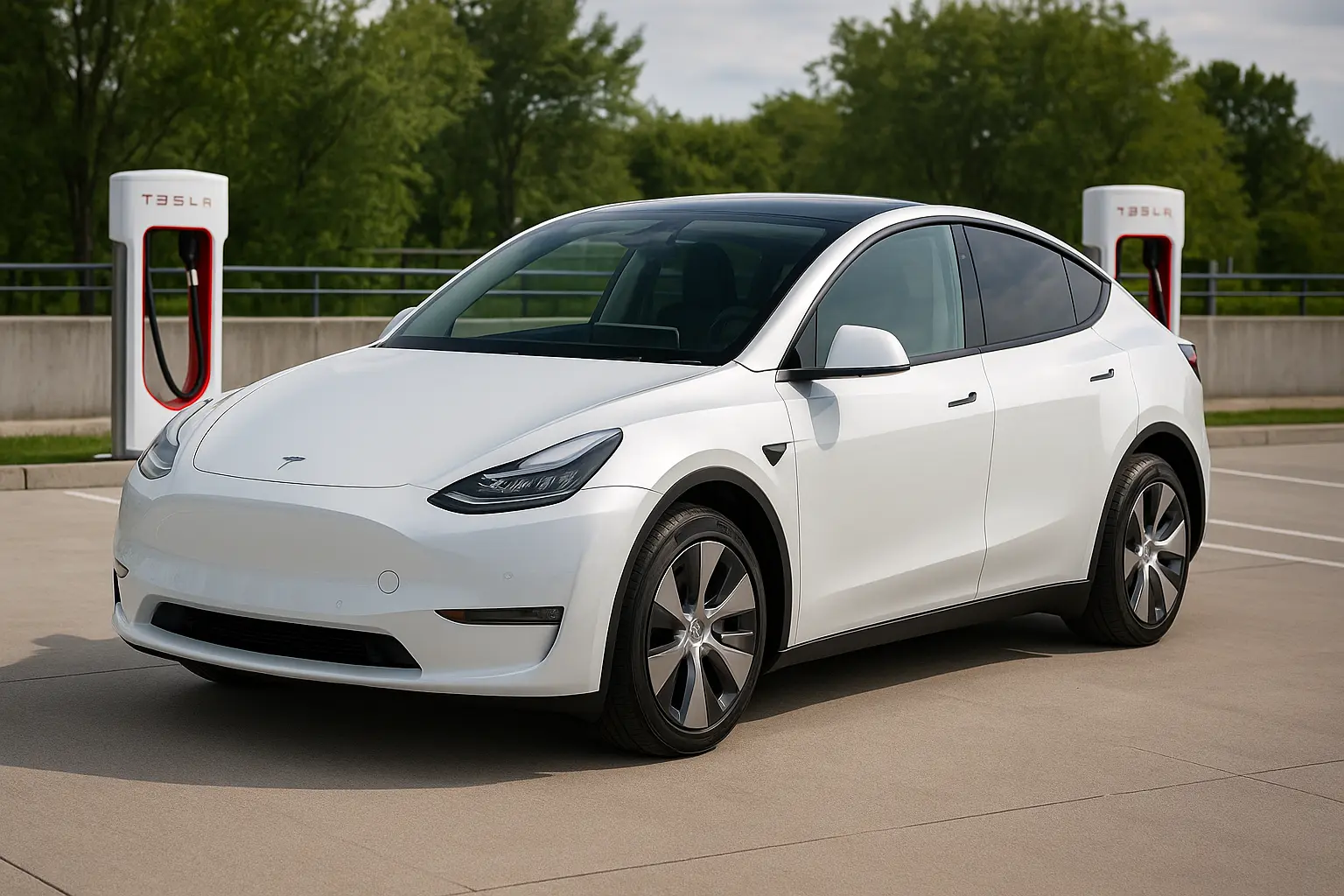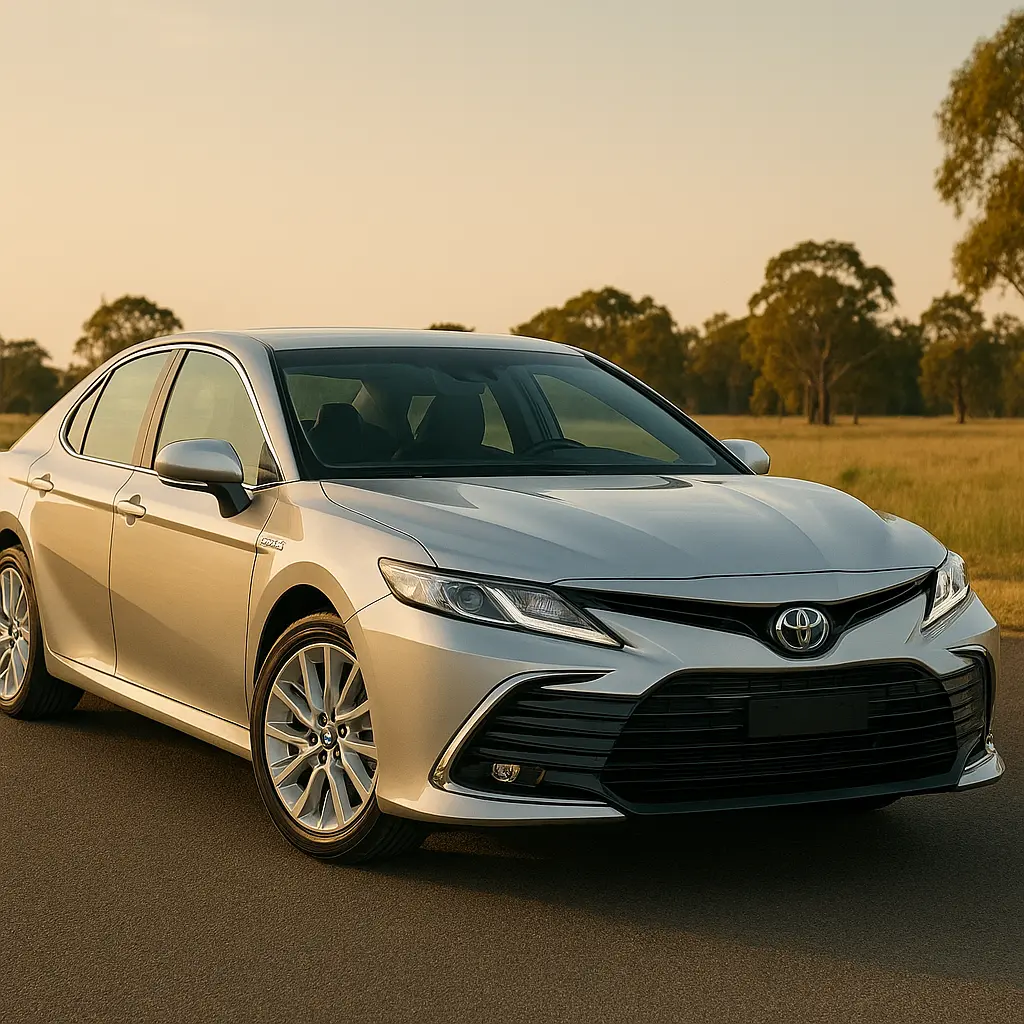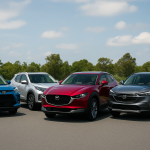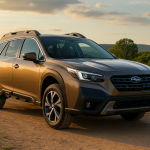How to Finance a Car in Australia in 2025 – What’s Changed?
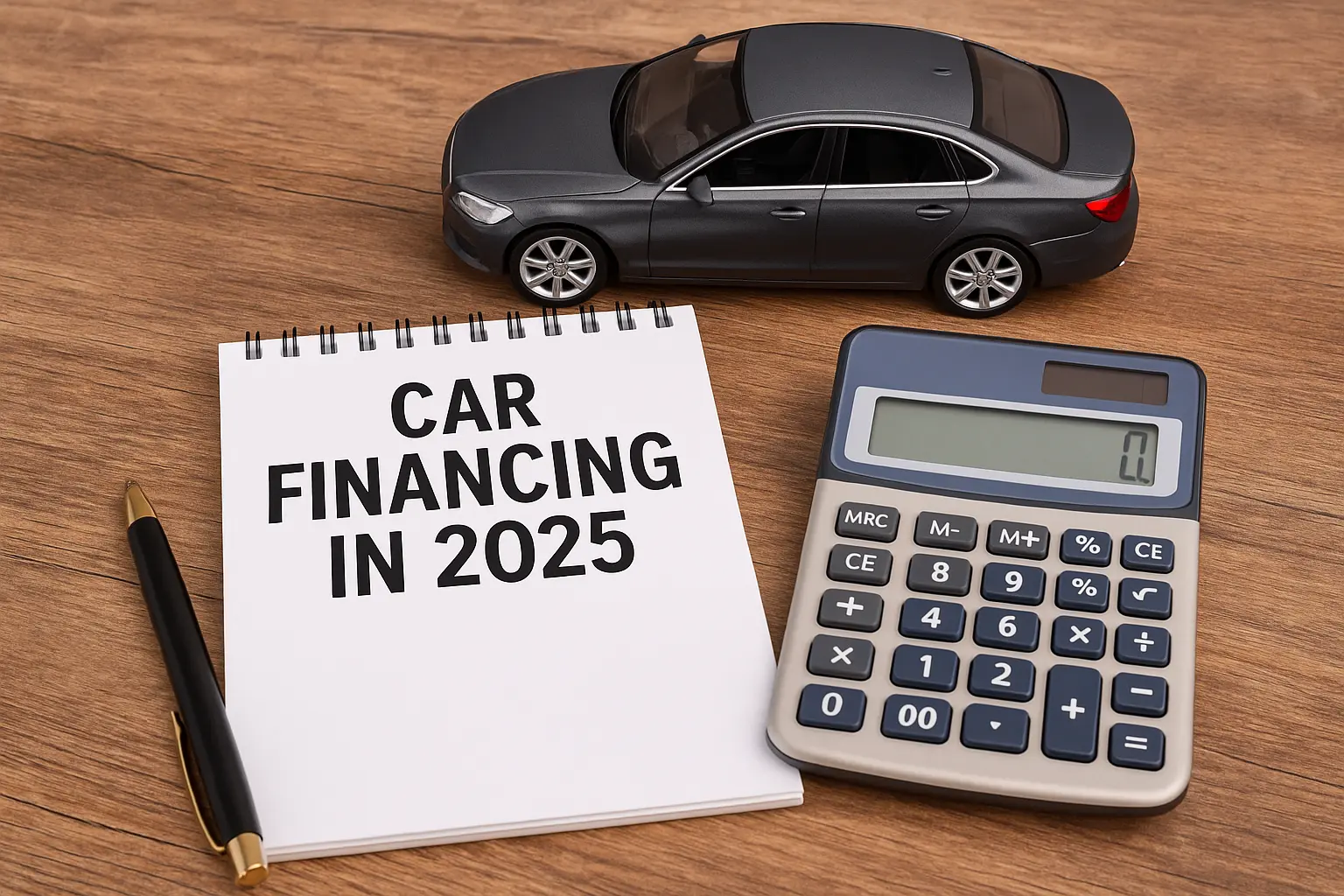
Financing a car in 2025 has become more flexible, competitive, and tailored to different types of buyers than ever before. Whether you’re purchasing your first vehicle, upgrading to an electric car, or looking for a smart tax-deductible option like a novated lease, the options have evolved significantly.
In this guide, we’ll explore all the major changes and tips for financing a car in Australia in 2025, including:
Types of car finance available
Interest rates and lender trends
EV-specific financing
Leasing vs buying
Best practices and tips for 2025
Mistakes to avoid
🔑 Chapter 1: Understanding the 2025 Car Finance Landscape
The Impact of Economic Changes
The Australian car finance landscape in 2025 has been shaped by high interest rate volatility in recent years, government EV incentives, and the shift toward digital-first banking. These factors have made lenders adapt, offering new products and flexible terms.
Key differences from 2020–2024:
Increased use of digital lenders like Plenti, Wisr, and MoneyMe
More EV-specific finance options and green loans
Leasing surging in popularity due to novated lease tax benefits
Flexible ownership options (e.g. subscription models, balloon payment choices)
💳 Chapter 2: Car Loan Options in 2025 – A Breakdown
Here are the major types of car finance options available to Aussie buyers today:
1. Secured Car Loans
Still the most common method, secured loans offer competitive interest rates by using the car as collateral.
Pros:
Lower interest rates (from 5.5% p.a. for good credit)
Straightforward ownership
Cons:
Car must meet lender conditions (age, value, etc.)
Risk of repossession if repayments are missed
2. Unsecured Personal Loans
An alternative for older cars or buyers with excellent credit.
Pros:
Flexibility with car type and condition
No repossession risk
Cons:
Higher interest rates (from 8–12%)
Lower borrowing limits
3. Dealer Finance
Car dealerships often offer finance through bank partnerships or in-house lenders.
Pros:
Fast approval
Promotional rates (e.g., 0% finance)
Cons:
Limited flexibility
Hidden fees or balloon payments
Not always the best overall cost
4. Novated Leasing
Popular with employees wanting to salary package a car.
How it works: Your employer leases the car for you and deducts repayments pre-tax from your salary.
Pros:
Tax savings
No upfront deposit
Running costs bundled in
Cons:
You lose access if you change employers
Complex paperwork
5. Chattel Mortgage (For Business Buyers)
Tailored for ABN holders and businesses. You own the vehicle and claim GST and depreciation.
Ideal for:
Tradespeople
Small business owners
Fleet operators
🌿 Chapter 3: EV Finance Is Changing the Game
Electric vehicle finance is now a category of its own.
What’s New in 2025:
Green car loans with lower interest rates for eligible EVs
Government-backed incentives (stamp duty waivers, interest subsidies)
Increased lender support for EV subscriptions and buy-now/pay-later maintenance plans
EV novated leases with even more tax advantages
Example:
A 2025 BYD Seal or Tesla Model 3 financed through a green loan could attract rates as low as 4.5%—significantly less than traditional ICE vehicles.
📉 Chapter 4: Interest Rates & Lender Trends in 2025
Current Car Loan Rates in Australia:
| Type | Average Interest Rate (2025) |
|---|---|
| Secured Car Loan | 5.5% – 8.5% |
| Unsecured Personal Loan | 8.5% – 14.5% |
| Dealer Finance (Promotional) | 0% – 6.0% |
| Novated Lease (Effective Rate) | ~4.5% – 7.5% |
| Green Car Loan (EV) | 4.0% – 6.0% |
Lender Types to Watch:
Neobanks: Offer fast online approvals (e.g., Nano, 86 400)
Peer-to-peer lenders: Competitive rates for high credit scores
Credit unions: Often have lower rates than major banks
💡 Chapter 5: Lease vs Buy in 2025 – What Suits You?
| Feature | Buying (Loan) | Leasing (Novated) |
|---|---|---|
| Ownership | You own the car | Employer owns it during term |
| Flexibility | High | Medium |
| Tax Savings | None | Yes (for employees) |
| End-of-Term | Keep or sell car | Return, upgrade or buy |
| Suits | Private buyers | Employees, fleet users |
Leasing is popular in 2025 due to tax savings, especially on EVs. But loans remain better for long-term ownership.
🔍 Chapter 6: Tips to Get the Best Finance Deal in 2025
Check your credit score: Aim for 700+ for better interest rates
Use loan comparison sites: Canstar, Finder, RateCity
Avoid dealer pressure: Don’t agree to in-house finance without comparing
Get pre-approved: Strengthens your negotiation position
Look for EV-specific or green loans if buying an electric car
Consider novated lease if employed in a stable company
Negotiate balloon payments and fees upfront
Read the fine print: Watch out for early repayment penalties
⚠️ Chapter 7: Common Mistakes to Avoid
Not comparing interest rates across lenders
Choosing longer terms that cost more over time
Overestimating your budget and getting rejected
Ignoring the total loan cost (fees + interest)
Not factoring in insurance and maintenance in monthly expenses
Leasing a car without understanding fringe benefits tax (FBT)
💼 Chapter 8: What Documents Do You Need?
Be ready with:
Proof of identity (license/passport)
Proof of income (payslips or tax returns)
Proof of residence
Credit score check (many lenders do soft checks online)
Car details if pre-selected
📱 Chapter 9: Online Finance Tools and Apps in 2025
You can now finance a car completely online, with instant approvals and rate comparisons.
Top tools:
Plenti – quick green car loans
MoneyMe – flexible personal loans
Driva – auto loan matchmaking
Stratton Finance – lease specialists
Savvy – comparison site for all car finance types
📝 Chapter 10: Final Checklist Before You Sign
✅ Have you compared 3+ lenders?
✅ Do you understand your interest rate type (fixed vs variable)?
✅ Do you know the total repayment over the loan period?
✅ Is the balloon payment manageable at the end of term?
✅ Are you insured adequately for your finance plan?
✅ Does the finance option suit your lifestyle and job stability?
Conclusion: What’s the Best Way to Finance a Car in 2025?
Car finance in 2025 Australia is no longer one-size-fits-all. With tailored options for EVs, tax-saving novated leases, and online-only lenders, Aussie buyers have more choice than ever.
Best for Everyday Buyers: Secured car loan or EV green loan
Best for Employees: Novated lease with tax perks
Best for Flexibility: Online unsecured loan or lease-to-own plan
Do your homework, calculate the total cost of ownership, and explore incentives before committing to a finance plan.
Leave a comment
Your email address will not be published. Required fields are marked *


